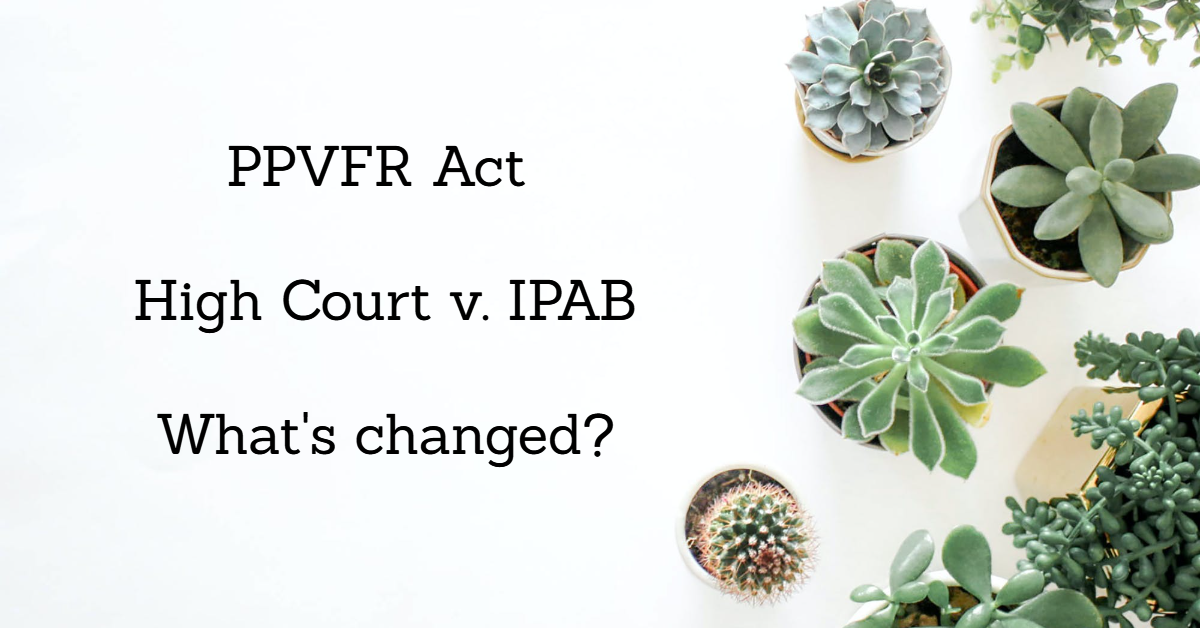The President of India on fourth of April 2021 promulgated “The Tribunals Reforms (Rationalization and Conditions of Service) Ordinance 2021”. This Ordinance abolishes the various tribunals set up under the following acts:
- THE CINEMATOGRAPH ACT, 1952
- THE COPYRIGHT ACT, 1957
- THE CUSTOMS ACT, 1962
- THE PATENTS ACT, 1970
- THE AIRPORT AUTHORITY OF INDIA ACT, 1994
- THE TRADE MARKS ACT, 1999
- THE GEOGRAPHICAL INDICATIONS OF GOODS (REGISTRATION AND PROTECTION) ACT, 1999
- THE PROTECTION OF PLANT VARIETIES AND FARMERS’ RIGHTS ACT, 2001
- THE CONTROL OF NATIONAL HIGHWAYS (LAND AND TRAFFIC) ACT, 2002
- THE FINANCE ACT, 2017
Intellectual Property Appellate Board (IPAB) was constituted by a gazette notification of the Central government on 15 September 2003 to hear appeals against the decisions of Registrar under The Trademarks Act, 1999 and The Geographical Indications of Goods (Registration and Protection) Act, 1999. The 2007 notifications issued by the Ministry of Commerce & Industry with respect to The Patents Act, 1970 transferred the Appellate power from High Courts to the IPAB. Later in 2017, The Finance Act as per sec 160(a) & 160(c) conferred on the IPAB the Appellate jurisdiction over the matters covered under The Copyright Act, 1957. Similar transitional provision was also invoked under sec 59 of The Protection of Plant Varieties and Farmers Act 2001, conferring the IPAB to exercise jurisdiction on appeals as per section 56 of the Act.
Changes Brought out by the The Tribunals Reforms (Rationalization and Conditions of Service) Ordinance 2021 to the Protection of Plant Varieties and Farmers’ Rights Act, 2001.
- As per omitted Section 59 of the Protection of Plant Varieties and Farmers’ Rights Act, 2001, Tribunal for the purposes of this act means the Intellectual Property Appellate Board (IPAB) established under Section 83 of the Trade Marks Act 1999. With the passing of The Tribunals Reforms (Rationalization and Conditions Of Service) Ordinance 2021, the IPAB stands abolished, and the powers of the IPAB under the Protection of Plant Varieties and Farmers’ Rights Act, 2001, have been transferred to the High Courts.
Powers Conferred to the High Court
- To hears Appeals from the decision or order of the Authority or the Registrar.
- To Pass Orders in Appeals.
1. Appeals shall lie to the High Court.
Appeals from the decision or order of the Authority or the Registrar relating, to registration of a variety, or to registration as an agent or a licensee of a variety, or to claim for benefit sharing, or regarding revocation of compulsory license or modification of compulsory license, or regarding payment of compensation made under the act, may be preferred to the High Court. And the High Court in disposing of an appeal under this provision shall have power to make any order which the authority or the registrar could make under this act (section 56)
2. Power to Pass Orders.
After giving an opportunity of being heard to both the parties to an appeal, the High Court may pass such orders as it thinks fit. The High Court can also, at any time within thirty days from the date of the order, rectify any apparent mistake on record, amend any order passed by itself or by an application by an applicant or the opposite party.
Authored by Sayyid Qutub
Related Post: Tribunals Reforms Ordinance 2021 and amendments to the Protection of Plant Varieties and Farmers’ Rights Act 2001



